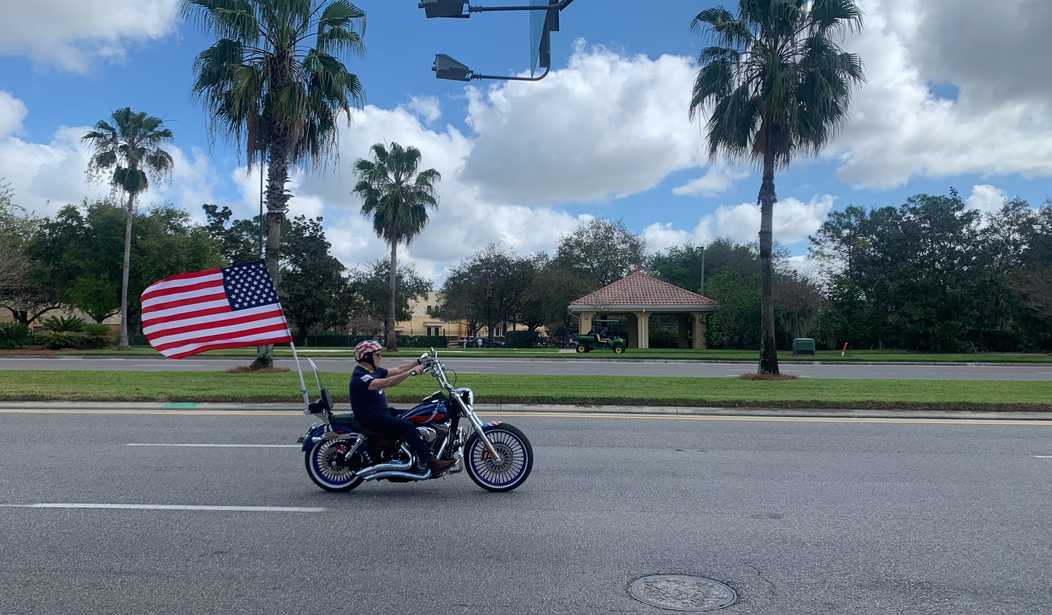According to a recent Insights & Issues/TIPP poll, Americans are not sanguine about the continued unity of the country.
Starting with the Unity Index, the proprietary I&I/TIPP gauge of national harmony, we ask people each month if they feel our common bond remains. They are then given five possible responses: “very united,” “somewhat united,” “somewhat divided,” “very divided” or “unsure.”
For June’s national online I&I/TIPP poll of 1,358 adults, taken from May 31-June 2, just 24% of respondents declared that they felt the U.S. was “united.” Among that group, only 9% said the U.S. was “very united,” while 15% called it “somewhat united.”
But by nearly 3-to-1, 74% of respondents called America “divided.” Of those, 42% said it was “very divided,” while 32% termed it “somewhat divided.”
That’s three-fourths of respondents indicating that the United States is no longer really united. That’s concerning, for anyone who cares about the future of the Republic. But here’s the part I found troubling:
The I&I/TIPP Poll asked a bonus question this month, one intended to perhaps better understand the apparent angst Americans have today about being a unified country: “How likely is it that the United States will exist in its present form 10 years from now?”
The response was disquieting: A bare majority of 51% said it was “likely,” while 34% said it was “unlikely.” Another 15% said they were “unsure.”

If this doesn’t make one pause for thought, it should.
The current divisions in the United States have been a matter of concern for a while now. I’m old enough to remember Watergate and the resulting electoral fallout, and I can’t remember a time when the nation has been this divided along partisan lines. Here’s the question, though: If one-third of Americans don’t think that the United States will exist 10 years from now, then what form do they think that the re-imagined North American polities will take? Will the country break up, divided along red/blue lines?
How would that work? It would be largely a rural/urban divide, with the suburbs caught in the middle. The cities control some aspects of our modern technological lifestyle; they tend to be centers of high tech, and major hospitals tend to be in urban areas. But the countryside is where the food is from, along with almost all of the energy extraction and production. The two sides would seem to be pretty dependent on each other.
Issues & Insights, which commissioned the survey, hold out some hope:
Is it true, as the poet Yeats once said, that “Things fall apart; the center cannot hold.” America is undergoing serious social turmoil these days, with voters seemingly unable to come together and agree on anything.
That said, the nation’s founders created a flexible system of government, and we’ve been through periods of severe social stress before — including mass migrations, an Industrial Revolution, a Great Depression and a Civil War. We’re still here, the richest, most powerful nation in history, one guided by what many consider to be the greatest political document ever: Our Constitution.
Will Americans give that up?
We might.
Look at the rhetoric coming out of Washington. The political left, in particular, seeks to change the rules when things don’t go their way. I&I cites the Constitution, but there are calls to dramatically amend the Constitution, or do away with it altogether. That way lies madness.
One answer might lie in decentralization. Reduce the role of the Federal government, return it to its Constitutional limits. Let the states handle most governance, as the Constitution dictates. What works in Massachusetts won’t work in Florida, what works in California won’t work in Alaska. So let the states return to their Constitutionally defined roles and down-size Washington to what the Founders intended – in other words, take the Federal government back to what it was about 1850. Then the states can maintain much of their own culture and lifestyle while remaining, for a while longer, a unified nation, even if on a somewhat more superficial level. It might work, it might not—but it’s better than breaking the country apart.














Join the conversation as a VIP Member